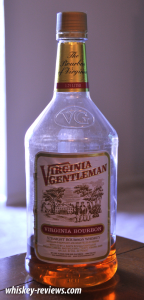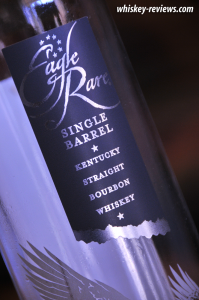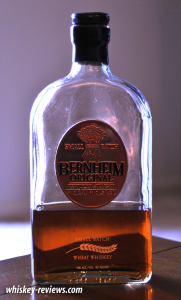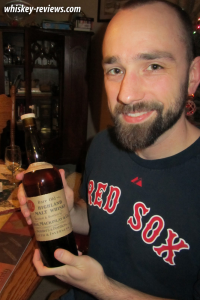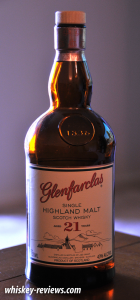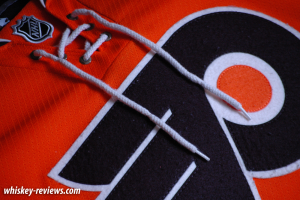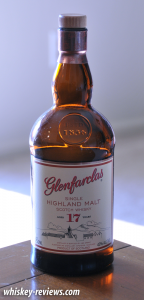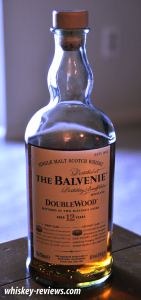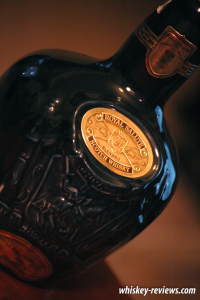 Another great whiskey debate – does your bottle play a factor in the aging process?
Another great whiskey debate – does your bottle play a factor in the aging process?
Most people will say “no”, and dismiss anybody who says “yes” as naive. And naivety may very well be the case when it comes to those individuals. But, I’d like to dig a little deeper into this question.
Before we go any further, let’s define what aging is in relation to whiskey. Traditionally, maturation occurs when the whiskey is in the barrel, and anything housing the whiskey before or after does not impart any flavor or other characteristics to the whiskey.
Fair enough, but are we to believe that the whiskey in your bottle that’s been there for a year is suspended in time and has not changed, for better or worse? Isn’t the air in that bottle interacting with the liquid?
Yes, of course it is. Not to mention that a cork or (gasp!) twist-off cap don’t always seal your bottle as well as you think it might.
So what exactly happens, then? Well, as time goes on and oxygen has the opportunity to interact with what’s in your bottle, some of the alcohol will evaporate. This can reduce the proof of your whiskey. Some will argue that with less alcohol comes less flavor, while others will say that less alcohol means more of a chance to taste the whiskey.
No, I do not have a clear-cut answer to this question, and I don’t think anybody else does either – although there are plenty of bloggers out there that think they do. I’m much more interested in hearing your opinion. Leave me a comment and let me know what you think.
-Ryan

